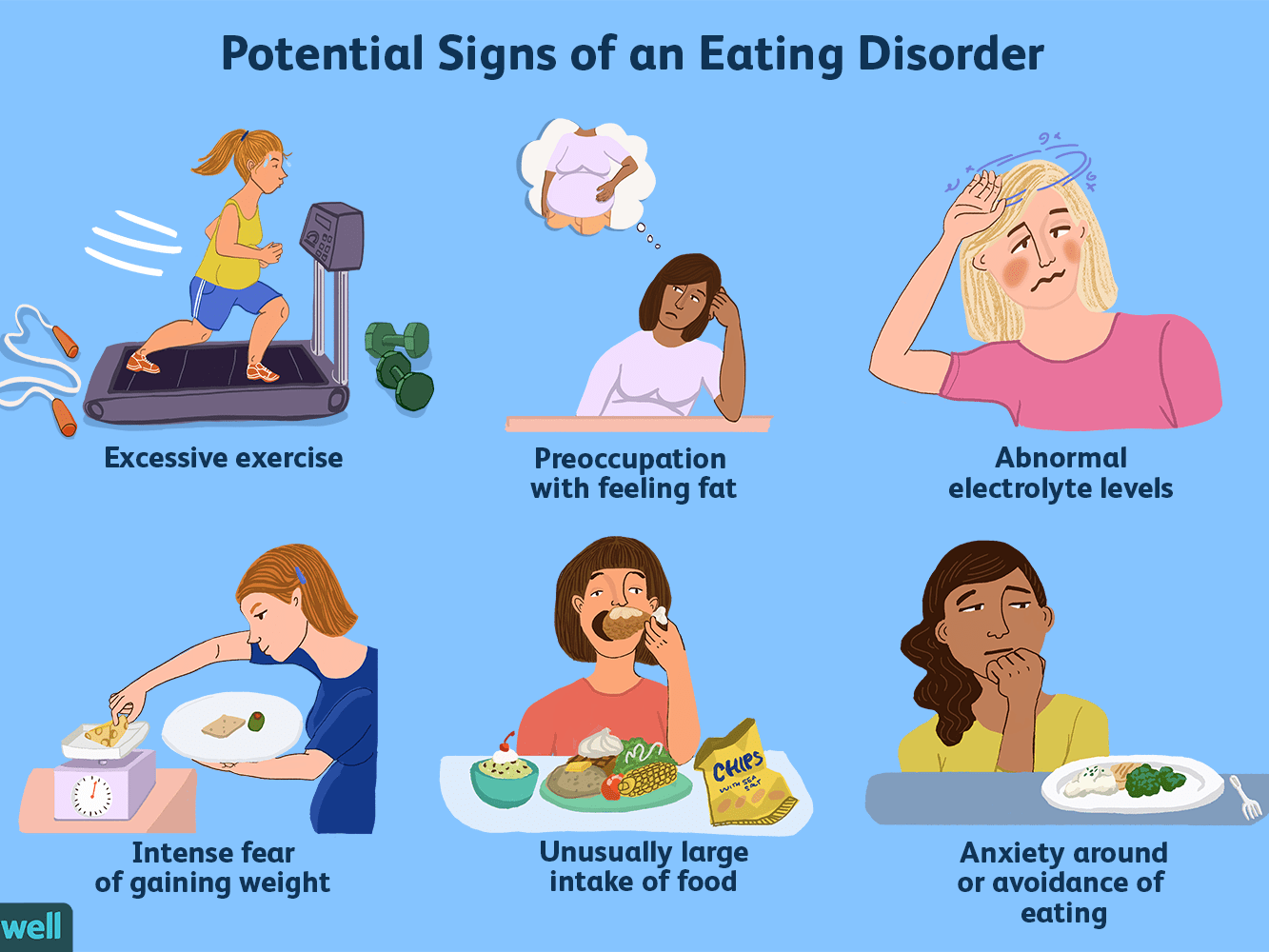Unraveling The Truth: Does Nastia Liukin Have An Eating Disorder?
In recent years, the topic of eating disorders has taken center stage in discussions surrounding athletes, particularly those in sports that emphasize physical appearance and performance, such as gymnastics. One athlete who has become a focal point of such discussions is Nastia Liukin, a former Olympic gymnast and gold medalist. As fans and critics alike ponder the implications of physical health on athletic performance, the question arises: does Nastia Liukin have an eating disorder?
As an elite athlete, Nastia has always been under the scrutiny of the public eye, which often leads to speculation about her physical health and mental well-being. This scrutiny can be overwhelming and might contribute to unhealthy perceptions of body image, especially within the realm of professional sports. As we attempt to dissect the rumors, it is essential to approach the topic thoughtfully and with sensitivity, recognizing the potential impact of such discussions on mental health.
In this article, we will explore Nastia Liukin’s journey, the pressures faced by athletes, and the broader implications of eating disorders in sports. By examining her experiences and the societal factors at play, we can better understand whether there is any truth to the claim surrounding Nastia's health and well-being.
Who is Nastia Liukin?
Nastia Liukin is a retired American gymnast who has made a significant mark in the world of gymnastics. Born on October 30, 1989, in Moscow, Russia, she moved to the United States at a young age. Nastia's dedication and talent earned her numerous accolades, including five Olympic medals at the 2008 Beijing Olympics, where she won the gold medal in the all-around competition. Her success has made her a prominent figure in gymnastics and a source of inspiration for many aspiring athletes.
| Personal Details | Bio Data |
|---|---|
| Name | Nastia Liukin |
| Date of Birth | October 30, 1989 |
| Place of Birth | Moscow, Russia |
| Nationality | American |
| Sport | Gymnastics |
| Olympic Medals | 5 |
What Are the Pressures Faced by Elite Athletes?
The world of elite athletics is often riddled with immense pressure. Athletes like Nastia Liukin face expectations not only from themselves but also from coaches, families, and fans. These pressures can manifest in various forms, such as:
- Performance Expectations: The desire to win and perform at the highest level can lead to unhealthy habits.
- Body Image Standards: Athletes are often scrutinized for their appearance, leading to a distorted view of body image.
- Media Scrutiny: Public figures are often subject to media analysis, which can exacerbate stress and anxiety.
- Injuries and Recovery: The fear of injury can lead to extreme measures to maintain weight and fitness levels.
Does Nastia Liukin Have an Eating Disorder?
In light of the pressures faced by athletes, the question remains: does Nastia Liukin have an eating disorder? While there have been speculations and discussions regarding her health, it is crucial to differentiate between rumors and verified information. Nastia has been open about her experiences and has emphasized the importance of maintaining a healthy lifestyle.
What Has Nastia Liukin Said About Her Health?
Nastia has publicly discussed her struggles with body image and the pressures of being an elite athlete. During interviews, she has emphasized the importance of mental health and self-acceptance. She has also shared her journey towards a healthier lifestyle and the lessons learned from her experiences. Such openness is vital in dismantling the stigma surrounding eating disorders and mental health in sports.
What Are the Signs of Eating Disorders in Athletes?
It’s essential to understand the signs of eating disorders, especially in athletes, as they can often go unnoticed. Some common signs include:
- Extreme weight loss or fluctuations
- Preoccupation with food, dieting, and body size
- Withdrawal from social activities, especially those involving food
- Physical symptoms such as fatigue, dizziness, and irregular menstrual cycles in women
How Can Support Systems Help Athletes?
Support systems play a crucial role in the well-being of athletes. Family, friends, coaches, and mental health professionals can provide the necessary guidance and understanding. Here are some ways support systems can help:
- Encouraging open communication about feelings and struggles
- Promoting a healthy relationship with food and body image
- Providing resources for mental health support
- Recognizing the signs of distress and taking action
What Can We Learn from Nastia Liukin's Journey?
Nastia Liukin's journey as an athlete and her openness about her experiences offer valuable lessons for us all. She exemplifies the importance of prioritizing mental health and self-acceptance over societal standards. By sharing her story, Nastia encourages others to seek help and support when needed, fostering a culture of understanding and compassion in the world of sports.
Conclusion: Does Nastia Liukin Have an Eating Disorder?
In conclusion, while the question of whether Nastia Liukin has an eating disorder has been a topic of speculation, it is essential to approach this matter with sensitivity and an understanding of the complexities involved in an athlete's life. Nastia's openness about her struggles with body image and the pressures of elite athletics serves as a reminder of the importance of mental health awareness. Ultimately, the answer lies not in rumors but in the ongoing dialogue about health, support, and self-acceptance in sports.
Unveiling The Lives Of Odell Jr Siblings: A Deep Dive Into Their Journey
Unveiling The Mystery: Who Is Kim Jun Ho Married To?
Discovering The Age Of Miranda Lambert: A Journey Through Time


:max_bytes(150000):strip_icc()/VWH_Illustration_Considerations-for-Eating-Disorder-Recovery_Tara-Anand_Final-4a3e3f419ac24a04a93c36f4178a0f5f.jpg)